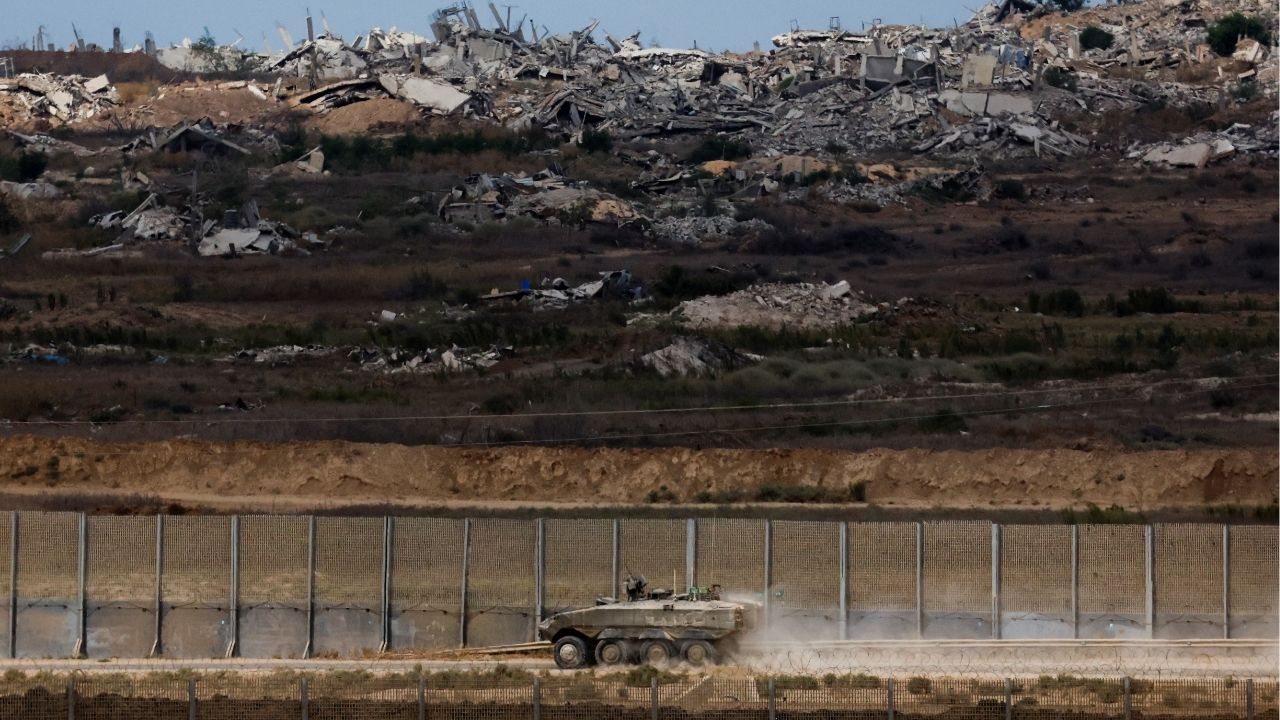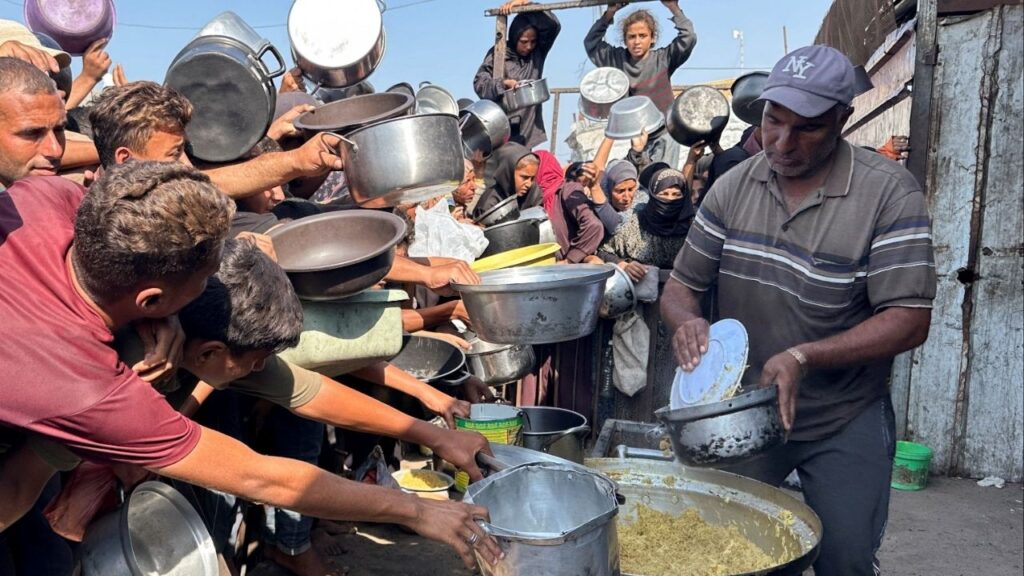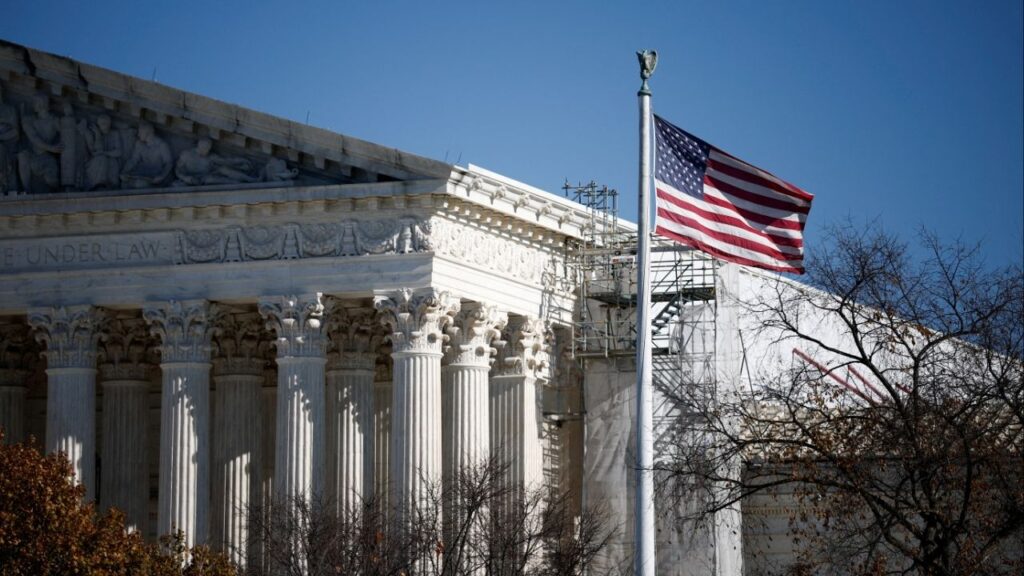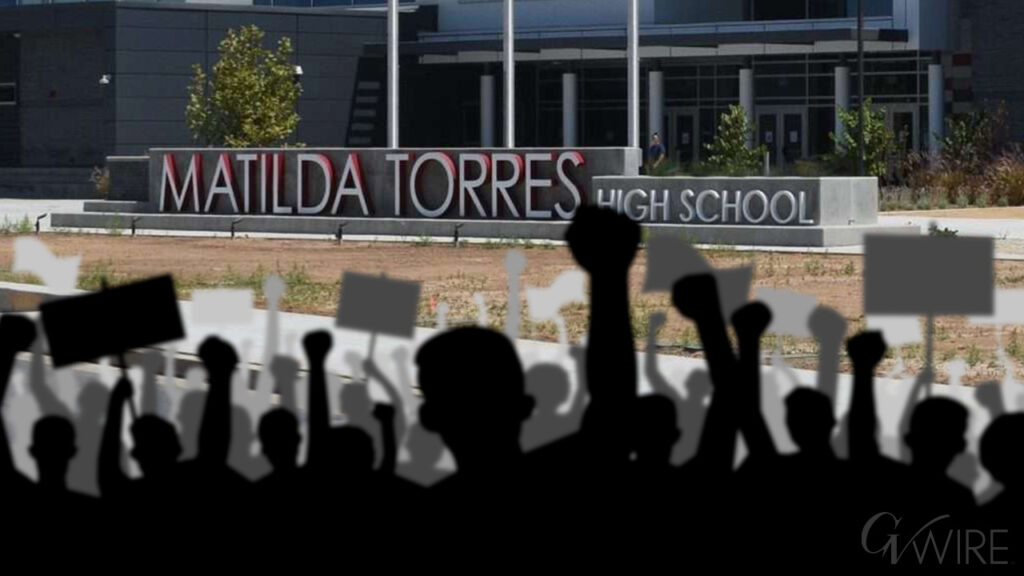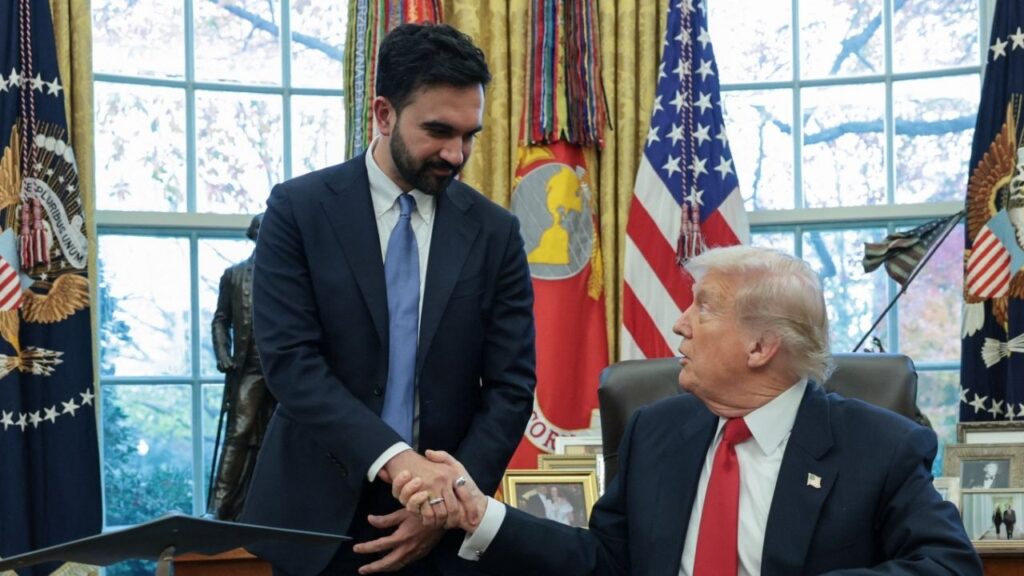An Israeli armoured personnel carrier (APC) manoeuvres, after U.S. President Donald Trump announced that Israel and Hamas agreed on the first phase of a Gaza ceasefire, on the Israeli side of the border with Gaza, October 9, 2025. (Reuters/Ammar Awad)
Share
|
Getting your Trinity Audio player ready...
|
PARIS — The United States’ closest European and Arab partners met in Paris on Thursday to work out how to shape Gaza’s post-war future, hours after Israel and Hamas agreed to a ceasefire and prisoner-hostage swap proposed by U.S. President Donald Trump.
“This is the best chance we have right now,” EU foreign policy chief Kaja Kallas told reporters. “But we need to work for the plan after (the war), so that it would be sustainable, and that’s why we are also here.”
Israel and the Palestinian militant group Hamas signed an agreement on Thursday to cease fire and free Israeli hostages in exchange for Palestinian prisoners, but questions will quickly turn to whether that can now be made into a lasting peace.
The Paris meeting aims to look at how Gaza would be governed, how Trump’s Gaza plan would be implemented and assess other countries’ collective commitments to the process.
Opening the meeting, French President Emmanuel Macron said the aim was to work side by side with the United States’ plan and that the discussions in Paris were complementary to it.
The U.N. Assembly last month endorsed a declaration outlining steps towards a two-state solution, while also condemning Hamas and urging it to surrender and disarm. Israeli Prime Minister Benjamin Netanyahu has ruled out endorsing an independent Palestinian state alongside Israel.
Among those attending are Qatar’s Prime Minister Sheikh Mohammed bin Abdulrahman al-Thani, who was one of the mediators of the ceasefire, as well as the Egyptian and Turkish foreign ministers, whose countries played a leading role in convincing Hamas to agree the deal.
U.S. Secretary of State Marco Rubio had been due to attend, but cancelled. The U.S. in the end did not send a representative, although French officials insisted that coordination with Washington was close.
Trump’s plan calls for an international stabilization force, and the ministers will also discuss issues such as the future governance of Gaza, aid, reconstruction and demilitarization.
Highlighting worsening ties between France and Israel, Israel’s Foreign Minister Gideon Saar criticized the Paris conference late on Wednesday, calling it “unnecessary and harmful”, saying the French initiative had been “concocted behind Israel’s back” and was a way for Macron to distract from his domestic political problems.
—
(Additional reporting by Alessandro Parodi, editing by Benoit Van Overstraeten, William Maclean)
RELATED TOPICS:
Categories
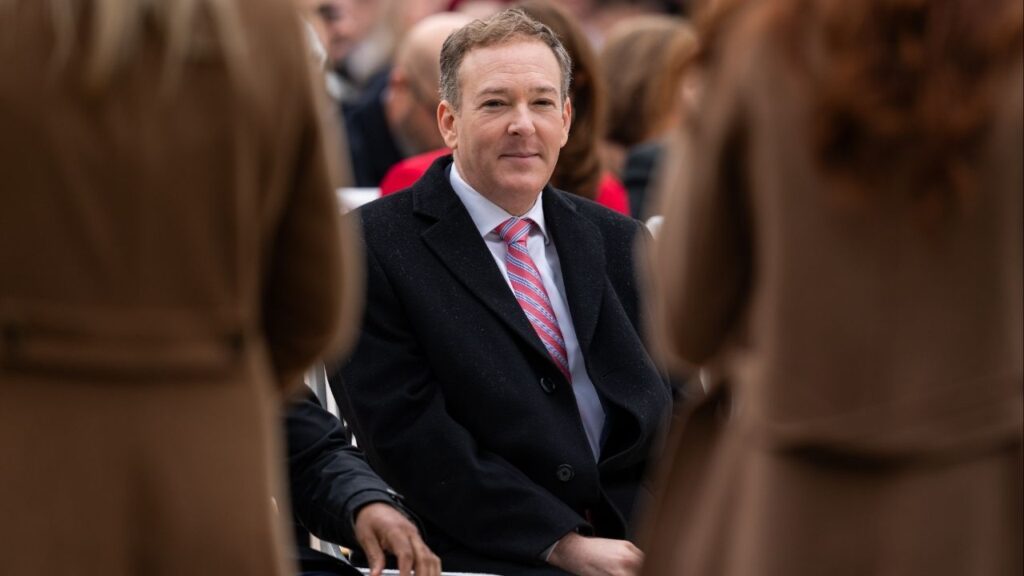
MAHA Activists Urge Trump to Fire His EPA Administrator

Meta Strikes Multiple AI Deals With News Publishers



